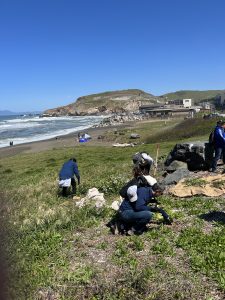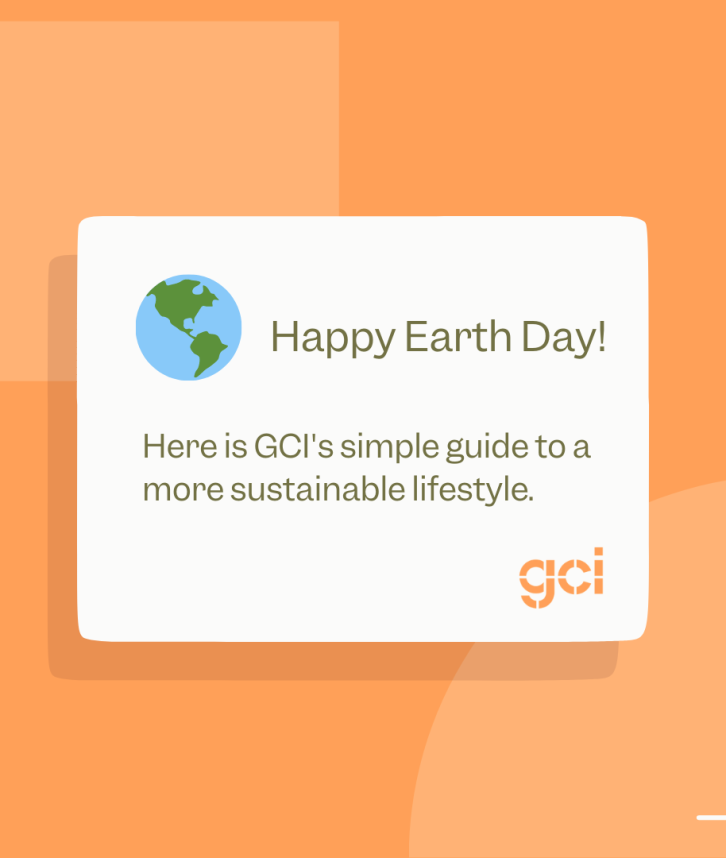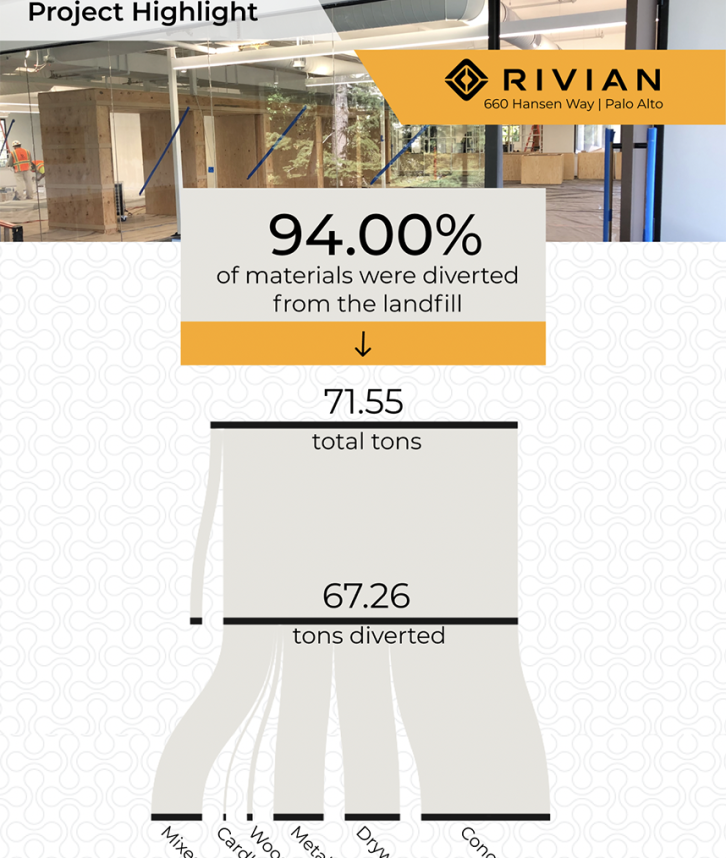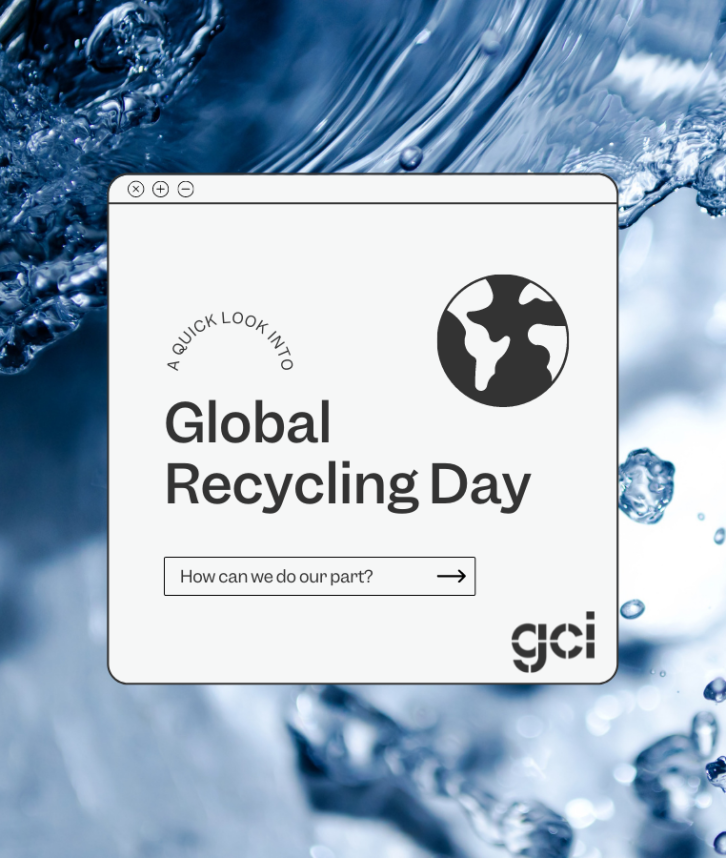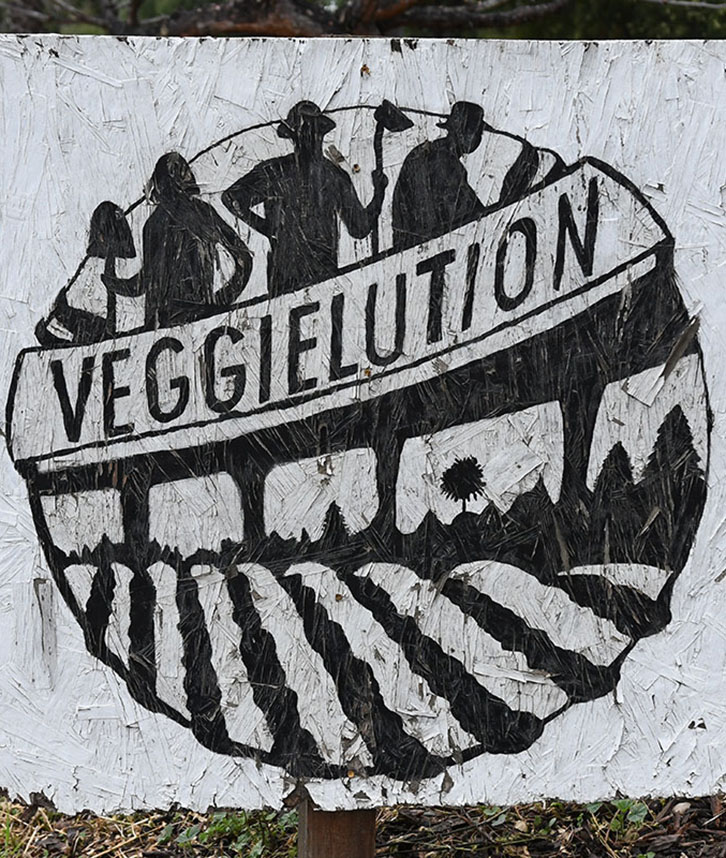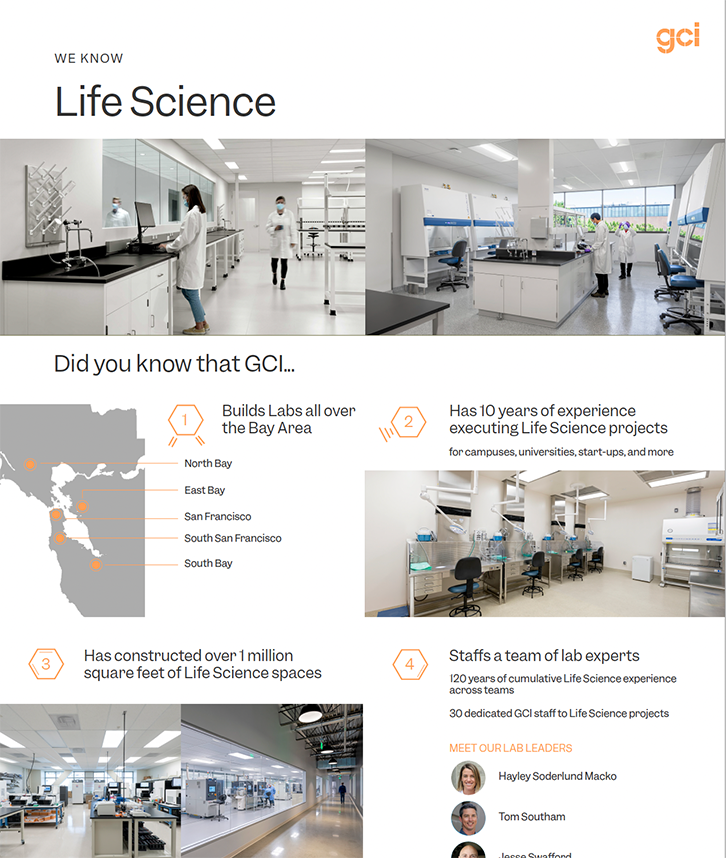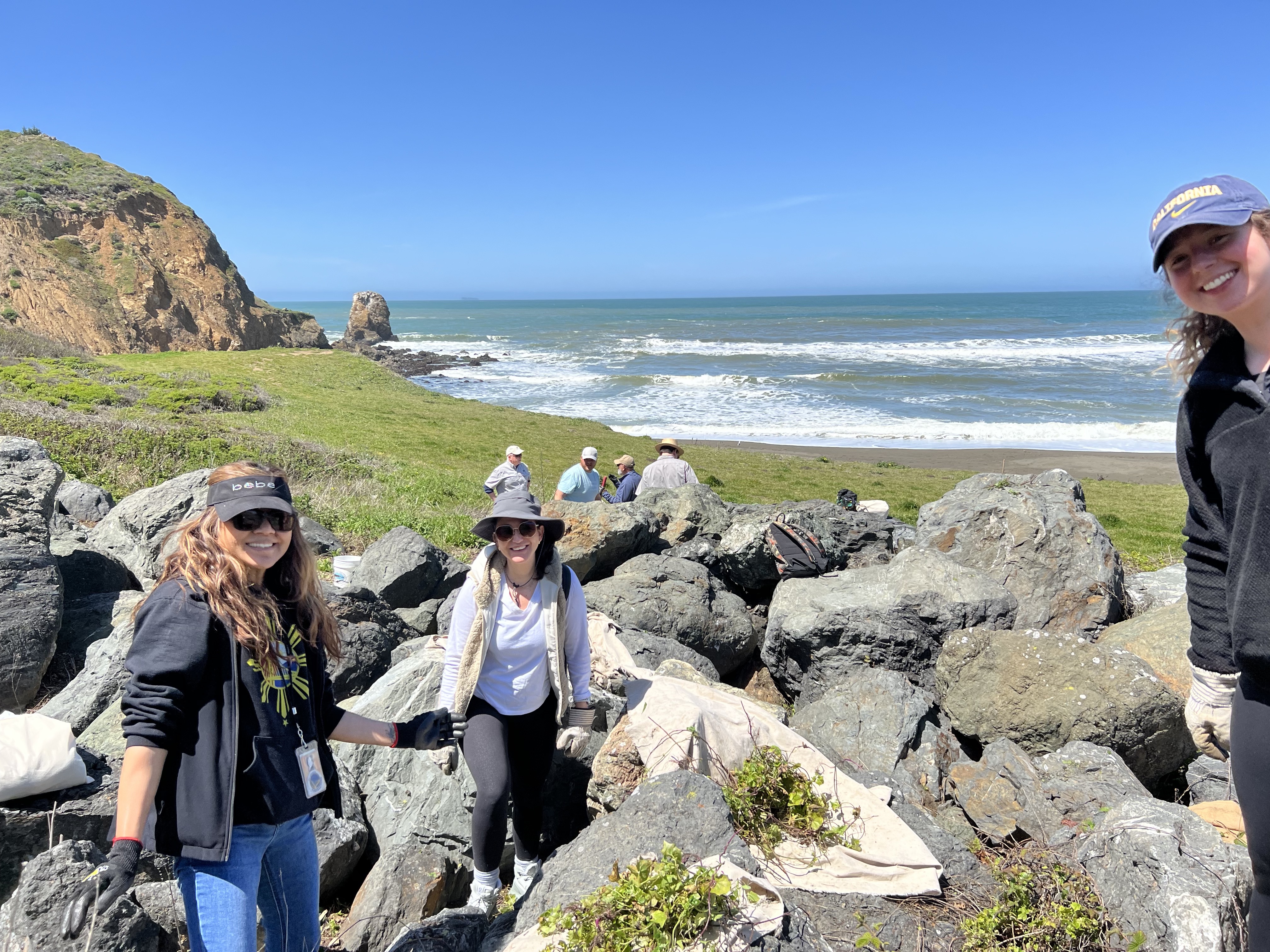
This year, we’re focusing on habitat restoration because of the many benefits healthy ecosystems bring to us every day!
Spending Time in Nature
Spending time in nature, such as hiking trails, beaches, forests, and parks, benefits both our physical and mental health. It can reduce blood pressure, anxiety, and depression symptoms while improving sleep. Ecosystems play a vital role in our overall health by affecting our diets, disease, mental health, and access to medicine. Therefore, it is our responsibility to take care of them and not overuse their resources.
What Our Forests Provide
Forests are crucial for our health as they supply us with micronutrients, help mitigate air pollution, and provide habitat /biodiversity to limit human exposure to viruses and pathogens. They prevent excessive runoff, reduce ambient temperatures, and positively impact mental health. Forests are the largest source of natural resources with medicinal properties.
In short, ecosystem health equals human health.
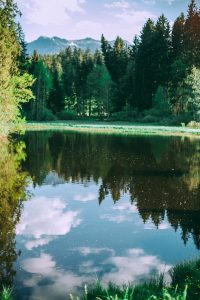
Habitat Loss
- Mostly caused by human activity including agriculture, urbanization, deforestation, resource extraction, and the release of pollutants.
- The reduction of space where species can survive & reproduce.
- Habitat loss can alter ecosystems and can cause species extinctions.
Effects of Habitat Loss
- Altered soil quality. Habitat loss, especially the removal of plants and trees stabilizes soil, increases erosion, and reduces the nutrient levels in terrestrial ecosystems.
- This, in turn, can decrease agricultural productivity.
- Increasing erosion decreases water quality by increasing sediment and pollutants in rivers and streams.

Habitat restoration
- Habitat restoration increases local biodiversity and species populations.
- In Pacifica, CA, restoration is critical for preserving the threatened western snowy plover and coastal bee populations on the Pacific coast.
- For habitat restoration to be successful it will need to provide the necessary resources a species will need to survive.
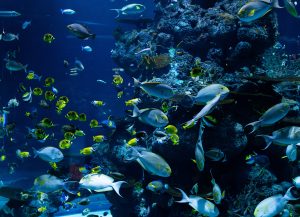
This earth day, the GCI team helped with habitat restoration at Rockaway Beach in Pacifica by removing non-native invasive plants and weeds (i.e., ice plant, mustard, and ox tongue) to make way for planting coastal native plants (i.e., beach sage, seaside daisy, and strawberry) to maintain, increase and sustain biodiversity!
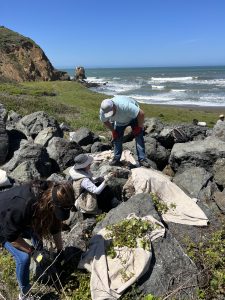

Build
with us
We’re ready to help you take on your most challenging projects—and turn great ideas into reality.
